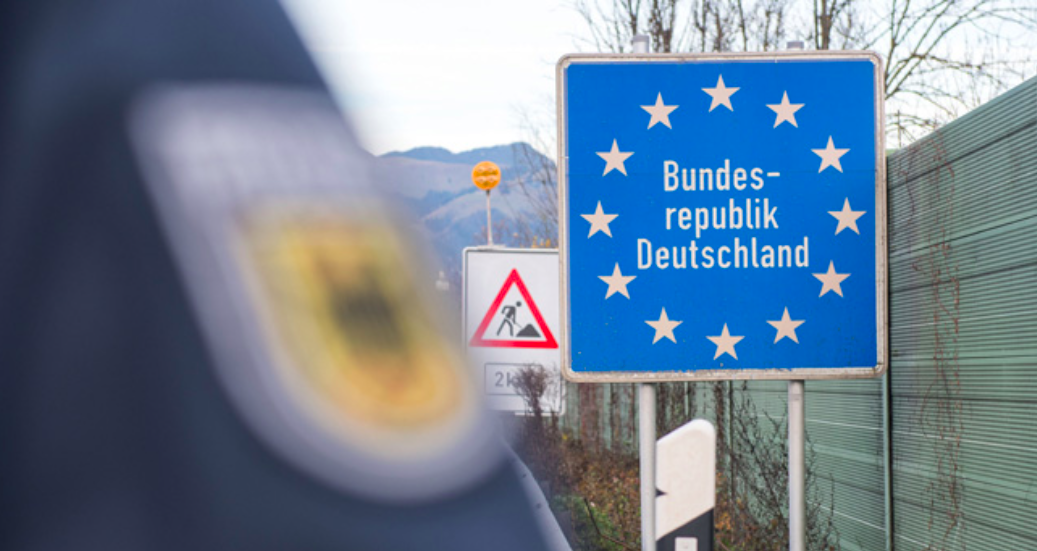German politicians have voted in favour of a proposal by opposition leader Friedrich Merz to tighten migration policy, which includes introducing permanent border controls. The German Freight Transport Association (BGL) warns this could lead to rising costs and supply chain disruptions and is calling for dedicated fast lanes for trucks at border crossings to prevent delays.
The Federal Association for Freight Transport, Logistics and Waste Disposal (BGL) is calling for fast lanes for trucks, known as “green lanes,” at Germany’s borders in the event that permanent border controls are introduced.
The background to the debate is the recent knife attack in Aschaffenburg, which has prompted a tightening of migration policy. CDU chancellor candidate Friedrich Merz is calling for permanent border controls as part of a five-point plan that was passed in the Bundestag on 29 January with the support of the CDU, FDP, and AfD.
However, the plans are not legally binding and could be blocked by the Bundesrat. In this regard, the measure alone will not necessarily lead to stricter controls.
High costs and truck congestion
BGL board spokesman Dirk Engelhardt told the German Press Agency (dpa) that while the association is not fundamentally opposed to increased controls, the supply function of international road freight transport for both the population and the economy must not be disrupted.
If the free movement of goods is hindered, the consequences could be severe. Engelhardt warns:
“Compliance with the legally prescribed driving, break, and rest times for truck drivers would become even more difficult, and supply chains would become increasingly unpredictable,” dpa reports.
Longer waiting times at border crossings could force freight forwarders to deploy additional drivers and vehicles to meet delivery deadlines. Companies in border regions and businesses that rely on just-in-time deliveries would be particularly affected.
Additional costs and manpower for hauliers – Green Lanes as a solution
The BGL is proposing the reintroduction of the “Green Lanes” concept used during the COVID-19 pandemic for freight transport. These special express lanes would allow trucks to cross the border with minimal delay.
Without such measures, transport companies would face considerable additional costs, increased administrative burdens, and traffic congestion at border crossings.









